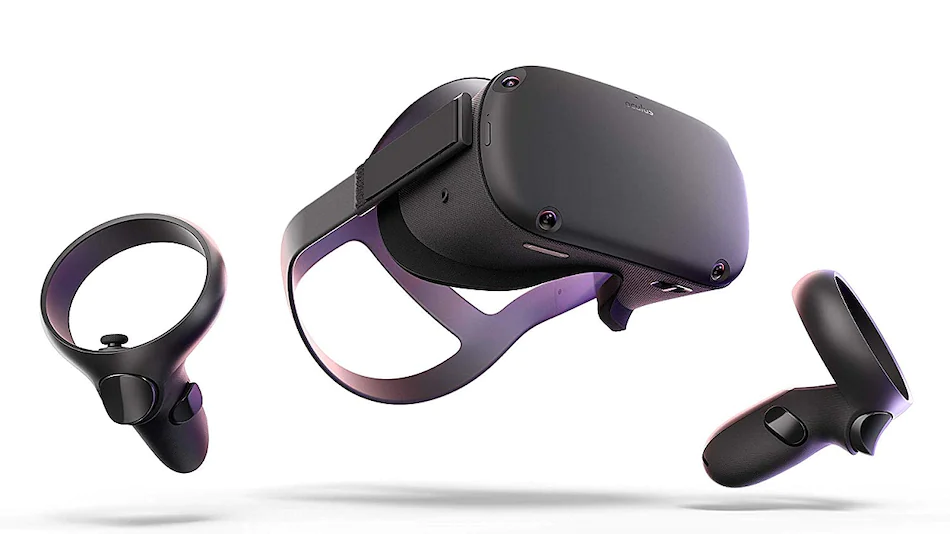Meta said the price hike would help the company invest for the long term and that users had spent over $1 billion (roughly Rs. 8,000 crore) in Quest apps.
Meta Platforms said on Tuesday it would raise the prices of its Meta Quest 2 virtual reality (VR) headset by about $100 (roughly Rs. 8,000) from August, even as the company prepares to launch a successor headset later this year. With its rebrand in November last year, Meta has doubled down on metaverse and VR. It recently announced upgrades to its VR platform, Horizon Worlds, and opened a physical store for users to demo the headsets.
Meta said the 128-gigabyte and 256-gigabyte versions of Quest 2 will retail for $399.99 (roughly Rs. 32,000) and $499.99 (roughly Rs. 40,000), respectively. It also bumped prices for some accessories and refurbished units.
“We’re making a change that will help us continue to invest for the long term and keep driving the VR industry forward,” Meta said in a statement, adding that users have spent over $1 billion (roughly Rs. 8,000 crore) on Meta Quest apps.
Meta said it will launch a new high-end VR headset, code-named Project Cambria, later this year, without mentioning a date or device specifications.
Meanwhile, Apple is said to be working on its own VR headset, according to reports.
Last month, Meta CEO Mark Zuckerberg showcased virtual reality (VR) headset prototypes to indicate how the company is trying to win against competitors in the race of making immersive experiences more realistic to humans.
Under the Reality Labs division, Meta is working towards overcoming the ongoing challenges in the VR field by developing new hardware. The prototypes show us that work — alongside making it clear that a full-fledged headset that can take us to an as realistic virtual world as its physical counterpart is yet to be built.
Meta currently has the Quest 2 as its latest commercial VR headset. But that model does not include the features and refinements, which the Menlo Park, California-headquartered company wants to integrate to enhance its VR offerings. The ongoing prototyping is, therefore, likely to help develop an enhanced hardware for the near future.

Source:gadget360.com

